The death cafe: where people want us to talk about dying
The growing ‘death positivity’ movement wants to change our attitudes towards mortality. We find out what it’s all about
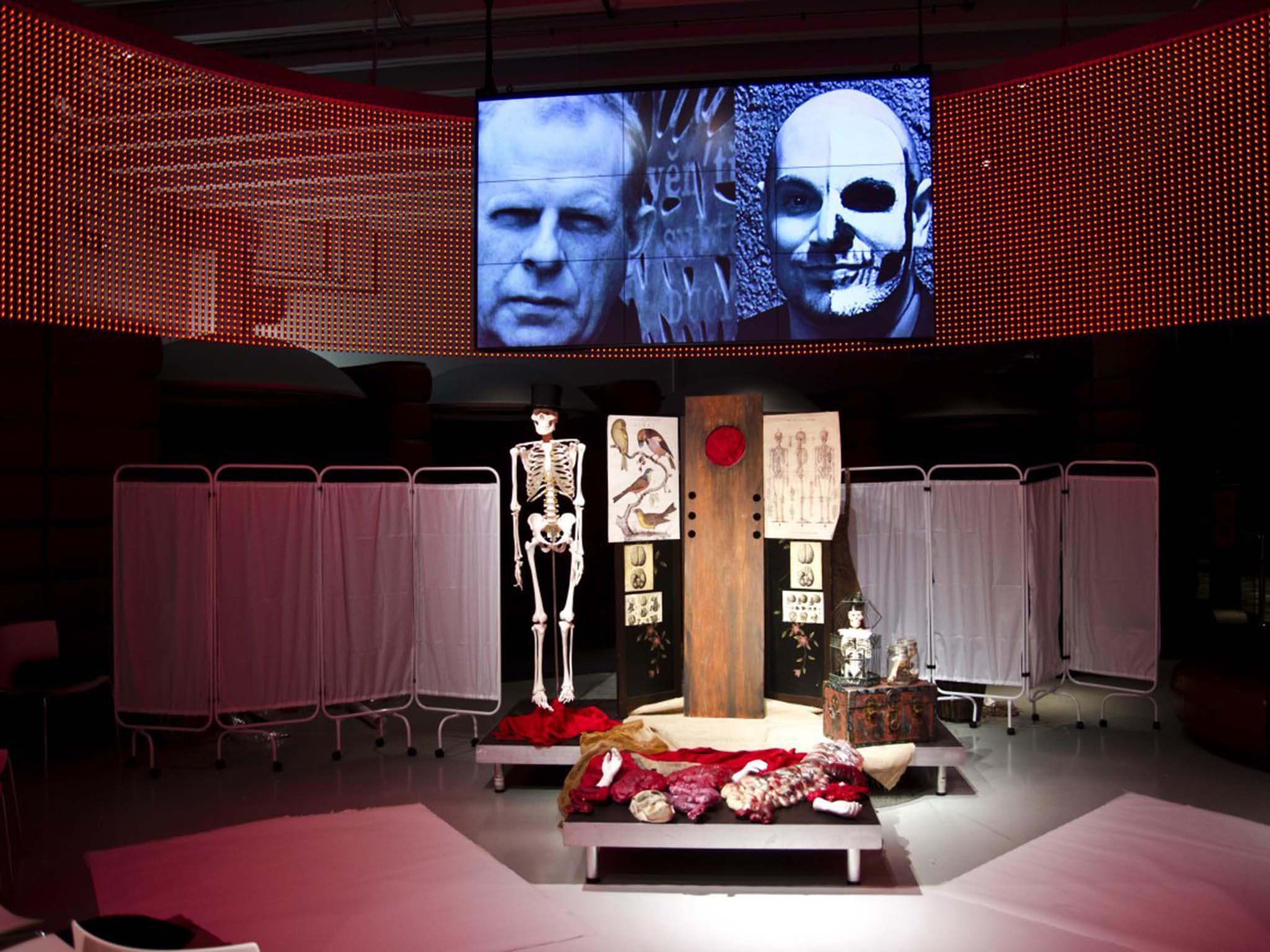
Your support helps us to tell the story
From reproductive rights to climate change to Big Tech, The Independent is on the ground when the story is developing. Whether it's investigating the financials of Elon Musk's pro-Trump PAC or producing our latest documentary, 'The A Word', which shines a light on the American women fighting for reproductive rights, we know how important it is to parse out the facts from the messaging.
At such a critical moment in US history, we need reporters on the ground. Your donation allows us to keep sending journalists to speak to both sides of the story.
The Independent is trusted by Americans across the entire political spectrum. And unlike many other quality news outlets, we choose not to lock Americans out of our reporting and analysis with paywalls. We believe quality journalism should be available to everyone, paid for by those who can afford it.
Your support makes all the difference.I’m sat in a candlelit room, not far from Euston station, one Tuesday evening. About 10 of us are gathered around a table, which is filled with plates of brownies, bowls of fruit, and cups of tea. Our host, a doctor, begins talking.
“In my job, I have to have to have a lot of conversations with people who are going to die,” she starts. “And I realise they should have had these conversations much sooner.”
I’m at a death cafe, the most visible and well-known branch of the growing “death positivity” movement – a campaign that aims to remove the taboos surrounding discussion of death, and encourage us to plan for our own. This week is Dying Matters Awareness Week, with a whole host of events taking place around the UK – as well as death cafes you’ll find funeral and cemetery tours, talks on everything from Egyptian burial to how to write a will, and even dedicated festivals in Birmingham, Yorkshire and London.
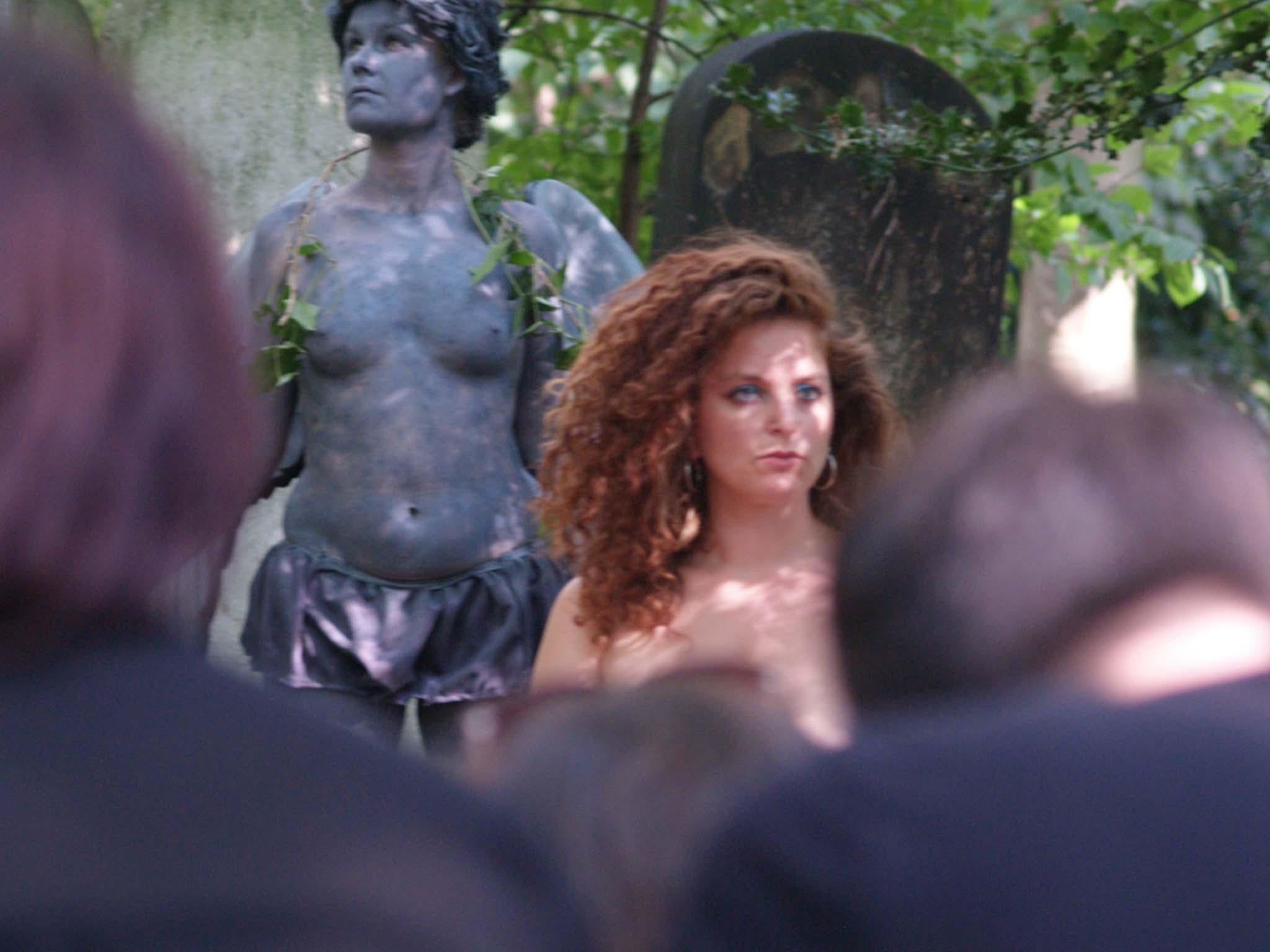
The movement began in 2008 as part of a Government-backed campaign, Dying Matters. “Real problems were happening because people were not preparing for their deaths adequately,” Dying Matters’ Toby Scott tells me. “Research showed this was because people were uncomfortable talking about it.”
But while many public health campaigns struggle to engage people, this one took root and blossomed, resulting in a vibrant community and events that encompass theatre, art, poetry and more. “The creativity people bring to it is just amazing,” says Scott, who explains that most of the events are volunteer-initiated, rather than being run by the organisation themselves. Dying Matters has resources on its website for people to organise and promote their own events, such is the extent that it’s captured peoples’ imaginations.
One of those people is Nikki Shaill, who uses drawing as a means of addressing discussion of death through her Art Macabre (deathdrawing.com) workshops. This weekend, she’ll be appearing as part of the Matter of Life and Death festival in Birmingham. “It originally started as body positive life drawing, then we did a Halloween-themed session that went down really well,” she explains. “I started researching more about how death has been presented in art throughout history and across cultures, and realised this was a whole subject I could dive into.”
Her interest took a poignant turn when her co-founder and good friend took her own life. “Chatting to lots of people at events, and confronting that fear of death through art, really helped me deal with the loss,” she tells me. “It’s allowed me to become comfortable talking about it, and I know carrying on the events is a tribute to her.” Shaill’s workshops have covered themes such as memento mori – a genre of art that includes symbols of life and death such as hourglasses and rotting fruit, to remind the viewer life is short – Victorian mourning jewellery, and burial shrouds.
“If people don’t know much about the event beforehand, or have come for the art rather than the death aspect, they can be a bit surprised or uncomfortable at first. But once they get going, they will say how interesting they’ve found it. Some will have stories or thoughts that they want to share, that they haven’t felt able to discuss openly before. As talking about death is still so taboo, an activity like drawing gives people a gentle way in to it.”
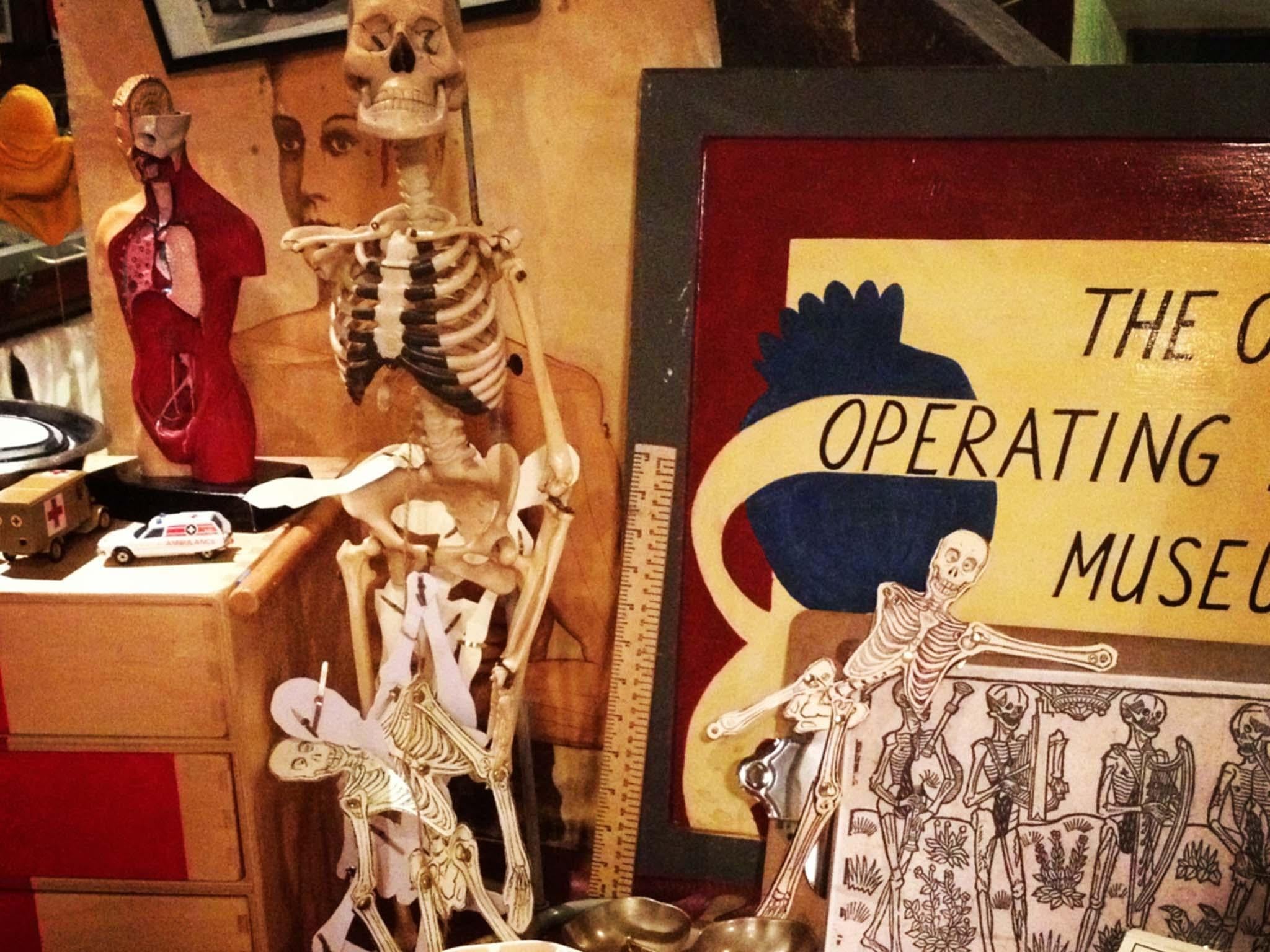
Both Shaill and Scott tell me that, far from being morbid, thinking and talking about death has been an enlightening, positive experience for them. “There’s something very liberating about staring death right in the face, acknowledging that, yes, one day it will win, but for now you’re going to get on with your life,” says Scott. “Writing your will and planning your funeral takes a weight off your shoulders too – it becomes something you no longer have to worry about.”
Encouraging people to make plans for their burial, researching the different options out there – “there are so many alternative types of burial that most people are unaware of” says Scott – and making a plan that’s accessible to someone close to you, is one of the primary objectives of Dying Matters. But how did we get to a position in the first place where, as a society, we are so scared to talk about death that we can’t even face preparing for our own?
“If you go back over 100 years, then death would have been a part of everyday life,” explains Scott. “People died young and they died quickly. They died at home rather than hospital, and funeral care was too expensive for most people. As medical care improved, people lived longer and died in hospital. Death became something that happened elsewhere; that was hidden away.”
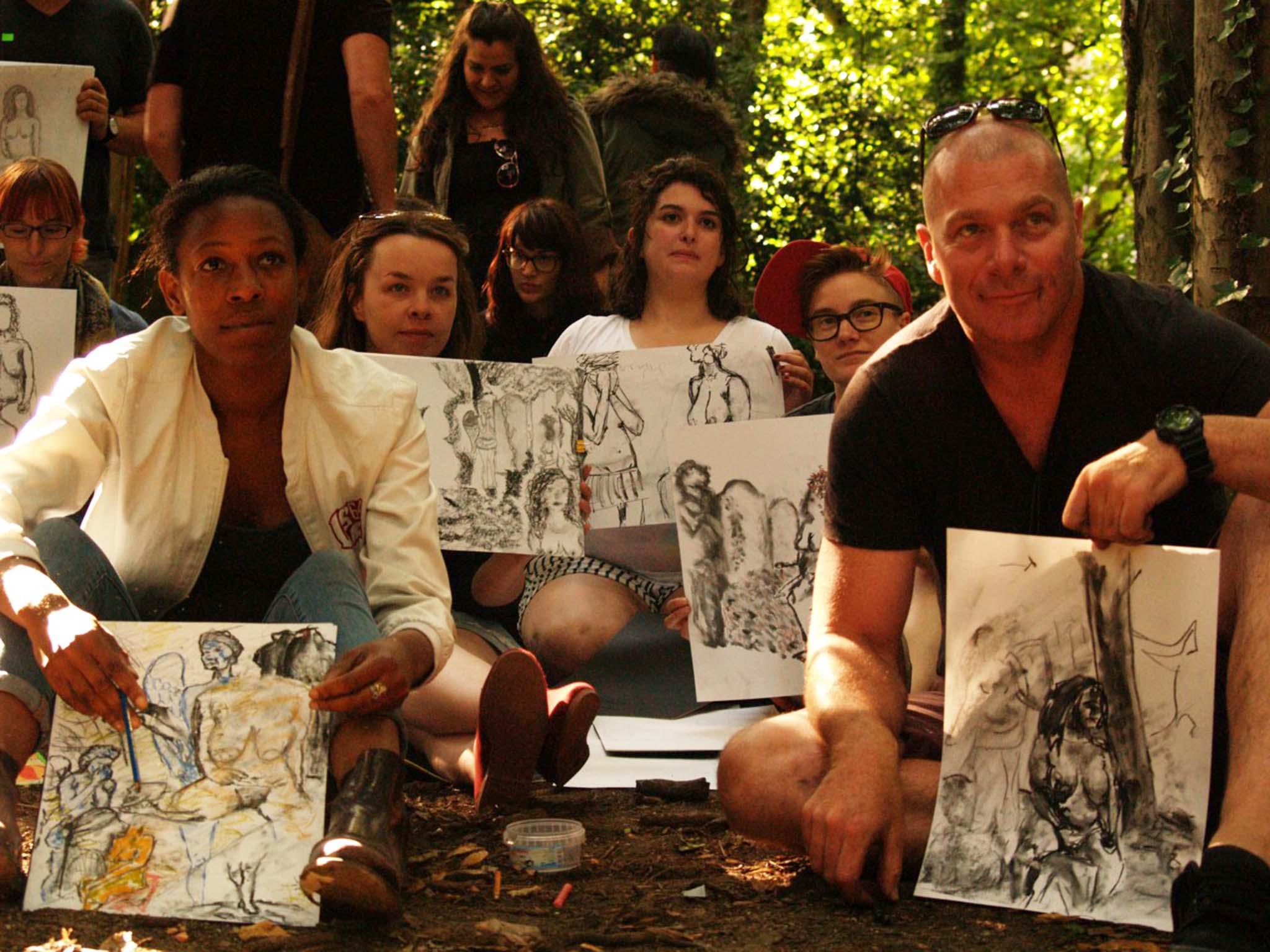
Of course that’s not to say medical advancement is a bad thing, but Scott wants people to consider end-of-life options such as dying at home or in a hospice earlier on, and make sure those wishes are expressed. “Most people, when given the option, would rather not die in hospital, and lots of NHS trusts offer home hospice care,” he says. “We can have the best of both worlds – medical treatment, but also a death in your own home with family and friends around you.”
Back at the death cafe, it’s fascinating to hear different people’s motivations for attending. Some have experienced bereavement recently, some work in jobs such as healthcare where they witness death regularly, and others have noticed how differently the subject is treated in other cultures. For the majority (including me), it’s the first time we’ve sat down and had conversations such as this. It feels comfortable and – dare I say it – strangely freeing.
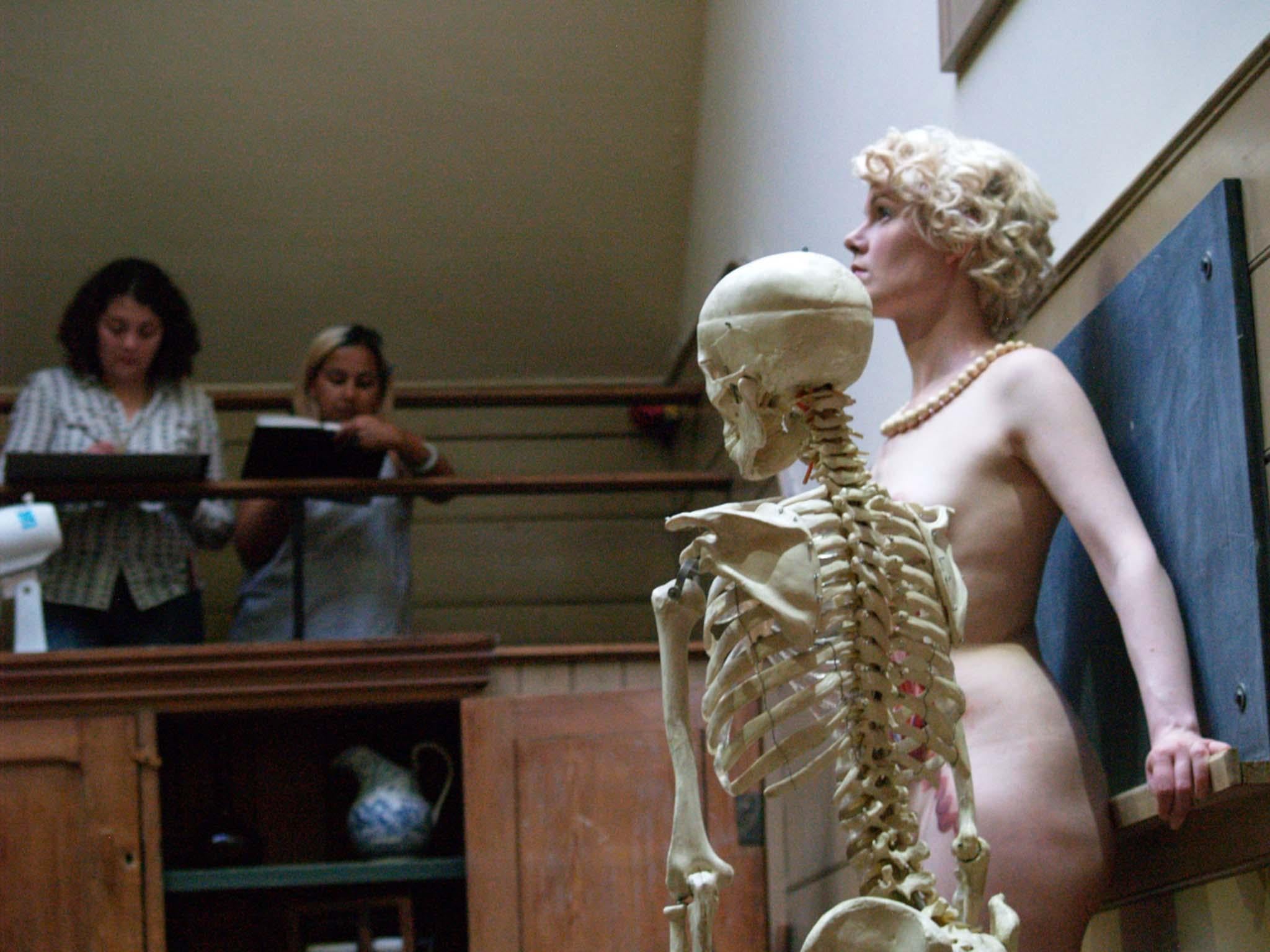
This year, the focus of awareness week is “What can you do?”, and Dying Matters is encouraging people to think about how they can help others around them effected by grief and bereavement. At the death cafe, people remark that the things you need help with in the wake of a death are the same as after having a baby – practical assistant with chores such as shopping, cooking and cleaning.
Scott echoes this sentiment. “We’re totally relaxed, as a society, with birth. When someone has a baby we’re interested in what’s happening and keen to help them out,” he concludes. “We need to get to a position where the end of life is as much a part of the everyday as the start of life.”
Dying Matters Awareness Week runs from 8-14 May. See dyingmatters.org for the full programme of event
Join our commenting forum
Join thought-provoking conversations, follow other Independent readers and see their replies
Comments